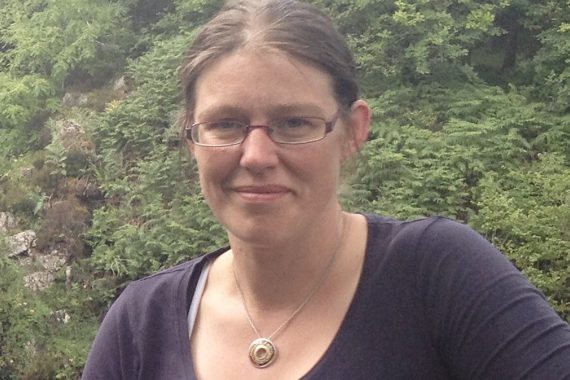My life could have been a Quentin Tarantino movie, a collective of intersecting cinematic snippets jumping about in time, place and subject, sometimes tragic, other times light and energetic, always passionate but jumping about from one to another with no apparent connections. To those with a linear view of time, direction and ordered thinking I must seem an enigma, capable of understanding complex theories, but slow to complete the most basic tasks. I struggle to get everything on a 5-item shopping list without buying twice as much as I had intended, yet missing out the bread and milk. Am I abnormal? An idiot? A failure? Because I struggle to manage a full surgery in the allotted time, or am regularly late for practice meetings? I spend a lot of my time and efforts self auditing, retracing my steps to make sure nothing important was missed. Yet I can spot-diagnose the 19 year old with Addison’s Disease that everyone else has missed. Everyone has the occasional ‘forgotten appointment’, the ‘keys left in the fridge’ or the ‘notes left in the office’ moments. But this is the reality of my life, day-in-day-out. I have ADHD.
‘That’s impossible, it only affects boys; girls and women don’t get ADHD; it’s not compatible with being an effective doctor’ I hear you say. ADHD is a challenge, not an exclusion criterion. ADHD minds excel at creative and intuitive thinking, jumping off of pre-destined tracks to explore new paths, able to rapidly switch attention from one issue to another and problem-solve on the go.
Learning difficulties, including ADHD, ASD and dyslexia, and mental health problems are hidden taboos amongst medical professionals – present, widely known about but rarely spoken of. Wrought with assumptions about what is a disability or an illness and what is essential for an effective, successful life, many normal intelligent people find themselves swimming through a stigma soup. Conforming to ‘normality’ and ‘expectation’ is exhausting, demoralising. I think it’s fair to say general practice as a whole feels this way when you ask whose definition of normality are we trying to conform to.
We doctors are astoundingly dismissive of our own humanity. We prefer to turn away, or, worse still, subtly pity or exclude those that don’t quite conform- ‘Physician, heal thy self’. Perhaps we are frightened to look too close in case we see our own vulnerability.
Society is fascinated, transfixed by negativity- ‘Can’t do this, that shouldn’t happen, not enough money, systems failing, someone to blame’. It’s all too easy to complain about what’s wrong with ourselves, other people, governments and systems, much easier than to see what is amazingly right.
The first step is to climb out of the soup, add a bit of seasoning to make it taste nicer, and start concentrating on the more positive scenes in my life-movie. And like any movie I need to let people in to see what it’s all about. So I have decided to open up, tell people what it’s really about, challenge those preconceptions and taboos that held me back so long, and give myself and others the chance to see what I can really do with the right support. Perhaps, I talk too much for my own good, perhaps I am naive to think anyone cares, but my philosophy is one of openness, honesty, truth- with myself, my colleagues and my patients. Personally, I don’t see ADHD as a disability, I see it as Attention Diversity Highly Driven.
Pulse October survey
Take our July 2025 survey to potentially win £1.000 worth of tokens













